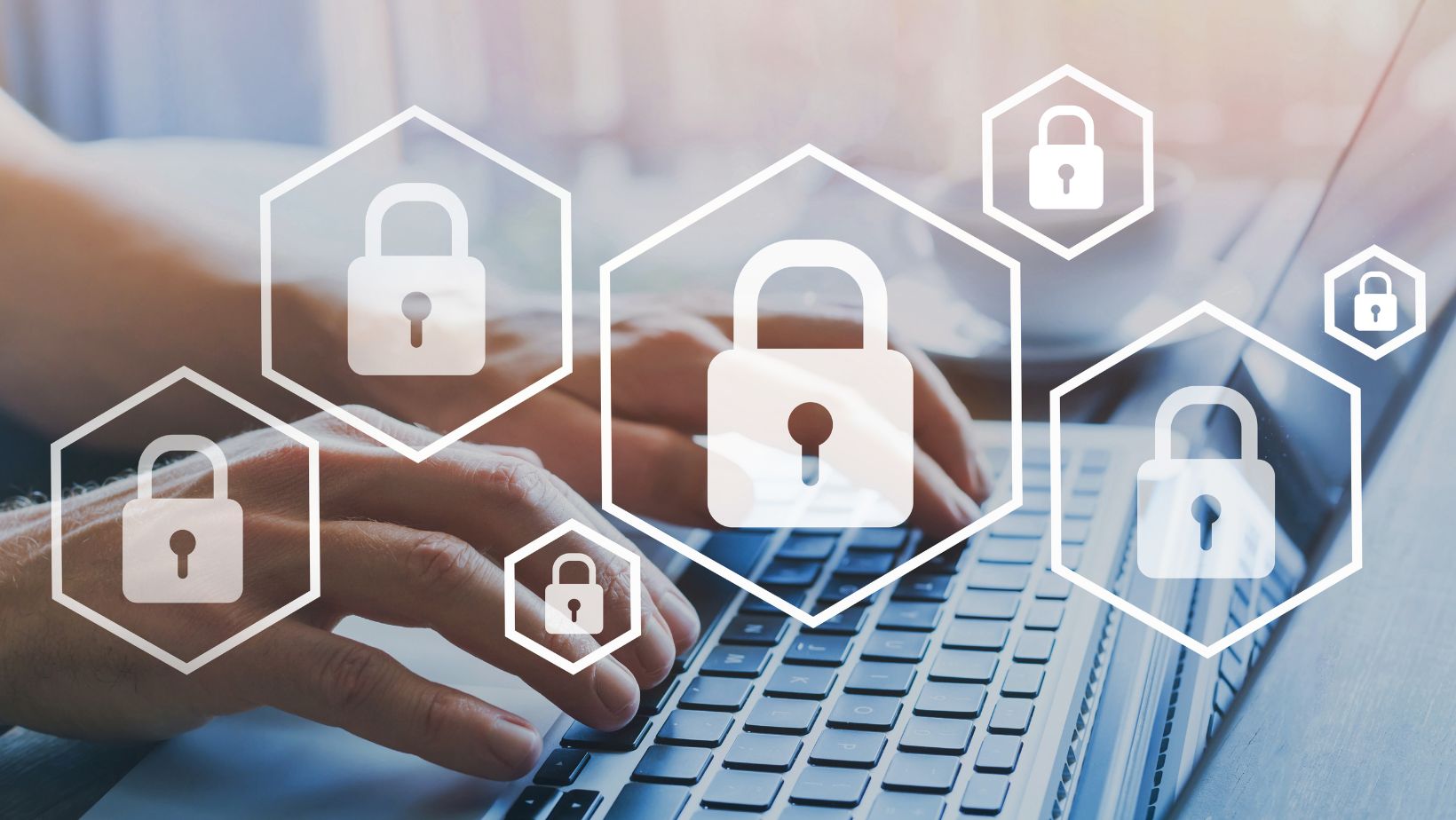
A recent study found that 77% of online users are concerned about the potential misuse or interception of user data by unauthorized parties. But, navigating the online world incognito involves more than just relying on a VPN. While a VPN is a crucial element in preserving anonymity, it’s merely one aspect of a comprehensive online strategy to keep you and your personal information safe. Achieving true online invisibility necessitates a holistic approach, meaning alterations to your digital habits, ranging from operating systems and browsers to search engines, messaging apps, and email providers. Let’s break these down.
Opt For Encrypted Messaging Apps
Shift away from conventional text messages on Android or iOS and embrace encrypted alternatives like Signal. Signal employs open-source protocols, ensuring end-to-end encryption for all communications, shielding messages and calls from prying eyes without any ads or trackers. Another popular messaging app is the encrypted WhatsApp, but now that it is owned by Meta, the parent company of Facebook, there has been some speculation regarding just how private it really is.
Enjoy Online Hobbies With Discretion
No matter what activities you enjoy doing online, there’s probably a way to do it while keeping your identity hidden. For example, when it comes to video gaming anonymously, players can play without the internet or their peers knowing who they are or holding any personal information on them. Using crypto means that there are no financial details to give out and ensures extra peace of mind to enjoy hobbies online stress-free.
Similarly, players can now choose online casinos that specialize in catering to users seeking anonymity, allowing them to play without the need for lengthy verification processes or part with any personal information (source: https://www.basketballinsiders.com/online-casinos/anonymous/). The most prized aspect offered by these casinos is the cloak of anonymity. The primary objective of establishing a fully anonymous casino in the first place was to shield users from intrusive scrutiny.
Embrace An Encrypted Browser
Dodge data collection pitfalls associated with mainstream browsers like Chrome by opting for Tor. This secure browser triple-encrypts your IP address and web activity. However, note that Tor doesn’t extend its encryption to other web applications, necessitating the supplementary use of a VPN…
Incorporate a VPN into Your Strategy
A Virtual Private Network (VPN) goes beyond Tor by encrypting all web traffic from browsers and other web applications. Beyond concealing your IP address, a VPN safeguards your browsing and YouTube history, rendering your online activities invisible to your Internet Service Provider (ISP).
Employ Temporary Email Solutions
For instances where you wish to avoid persistent spammy newsletters, leverage temporary email addresses through services like Temp Mail, which generates disposable email addresses for free.
Or if you are an Apple User, use Hide My Email. Here, you can generate a unique email address so you do not have to share your real email address when filling out forms or signing up for newsletters online.
Scrutinize App Permissions
Prior to blindly accepting apps’ terms and conditions, inspect the permissions sought by the application. Assess whether certain permissions, such as location tracking, are genuinely necessary, as many apps tend to request excessive access.
Similarly, before engaging with a website or app, investigate the data collection, sharing, and selling practices outlined in their privacy policies. Several companies exploit user data for marketing purposes, undermining both privacy and anonymity.
Refrain From Voice Assistants
Despite their convenience in smart homes, voice assistants pose privacy risks, with instances of companies listening to recorded interactions. In 2022, it was reported that almost half the population of the United States, 142 million people, used voice assistants of some sort. If you must use a voice assistant in your home, be sure to know how it works and know when it’s listening. Make sure you are aware of which accounts have access to your voice assistant, use multi-factor authentication when available, and secure your router.
Limit Social Media Exposure
Social media is just about everywhere, with 4.8 billion users worldwide. And it’s definitely not without its risks. Minimize privacy vulnerabilities by abstaining from social media altogether, if possible. But, if you cannot imagine your life free from Facebook or Instagram, restrict your privacy settings, don’t ever tag your specific location, and ensure you know your friends/connections.

While sharing aspects of your life online is enjoyable, refrain from divulging sensitive information like addresses, phone numbers, or Social Security numbers. Such revelations can invite identity theft, particularly without identity theft protection services.
Prioritize Https-Enabled Websites
Choose websites with “HTTPS” in their URLs for secure communication through the implementation of Secure Sockets Layer (SSL). This encryption safeguards all interactions between your browser and the visited websites, in stark contrast to the non-encrypted nature of HTTP. The conventional HTTP protocol lacks encryption for connections, meaning that the text lines in an HTTP request or response are exposed to anyone monitoring the connection, including cybercriminals.
Disable Cookies
Nearly 43% of websites across the world use cookies, and this figure continues to rise. Counteract the persistent tracking of your online activities by disabling cookies, the data shaping targeted ads. While some cookies are anonymized and aggregated, others may pose privacy risks, emphasizing the importance of this precautionary measure.














